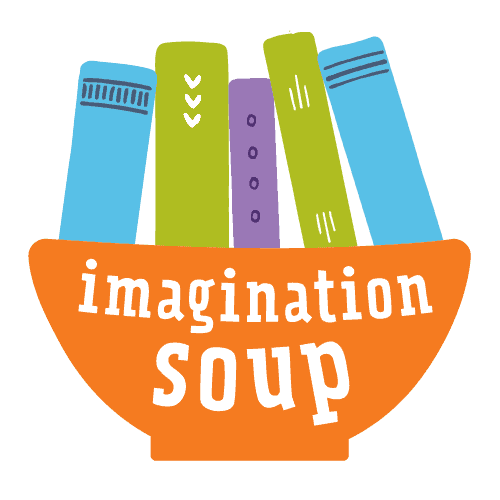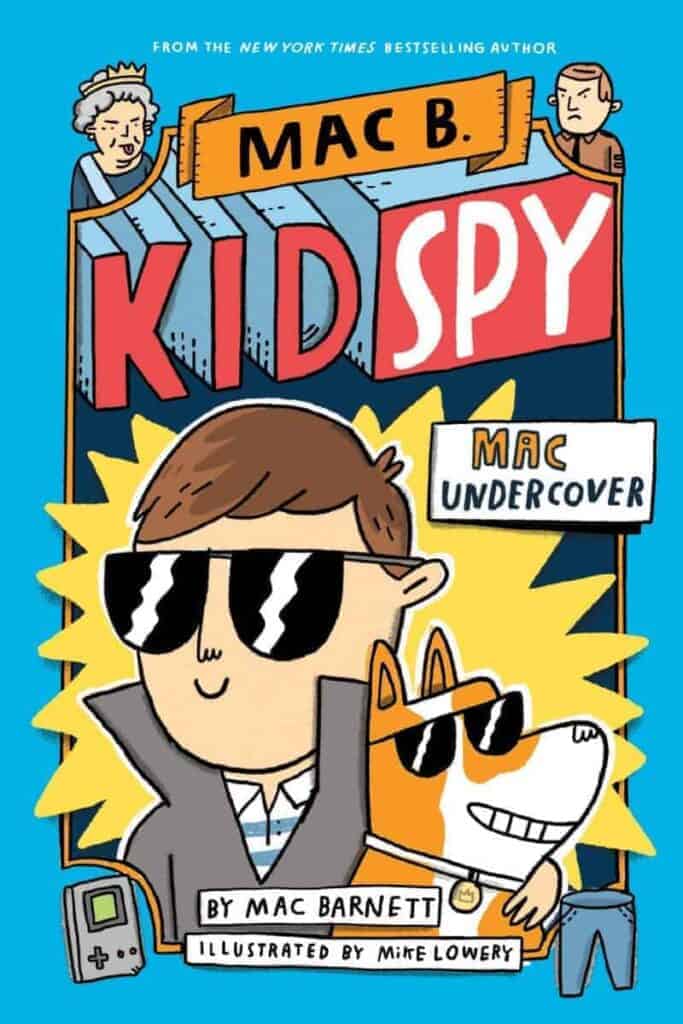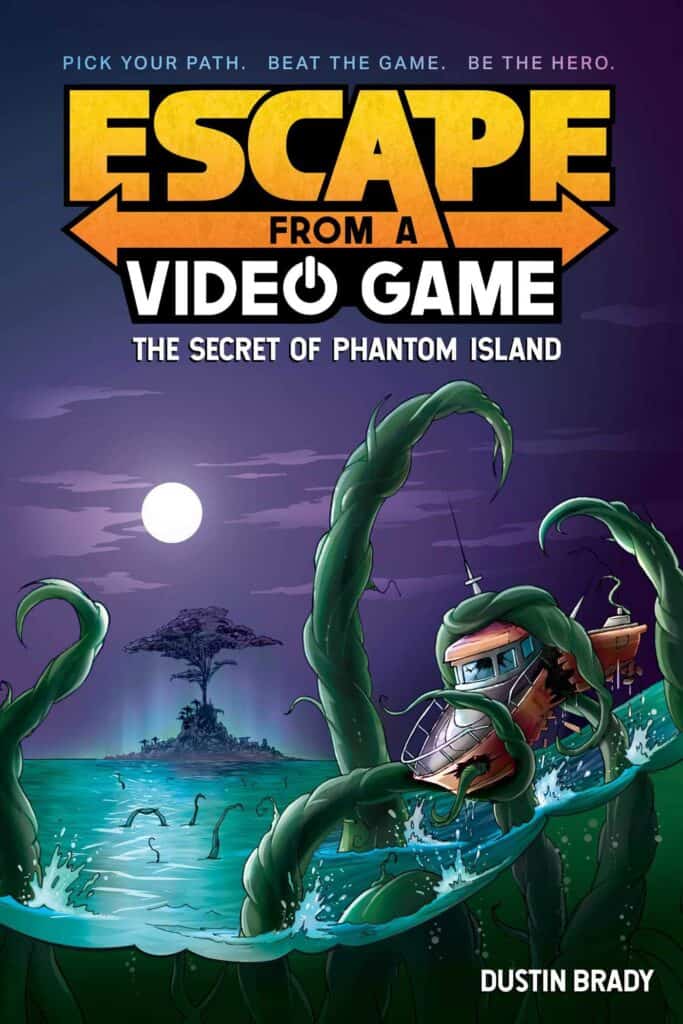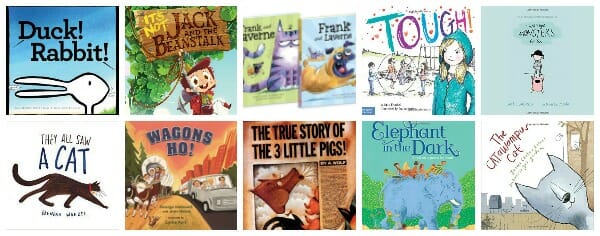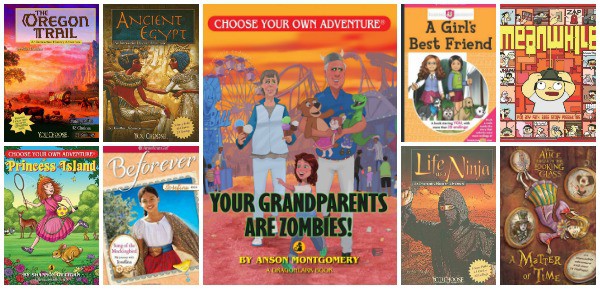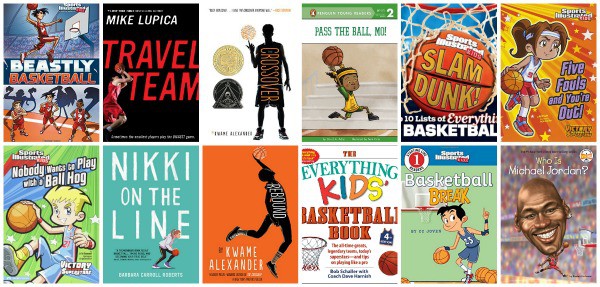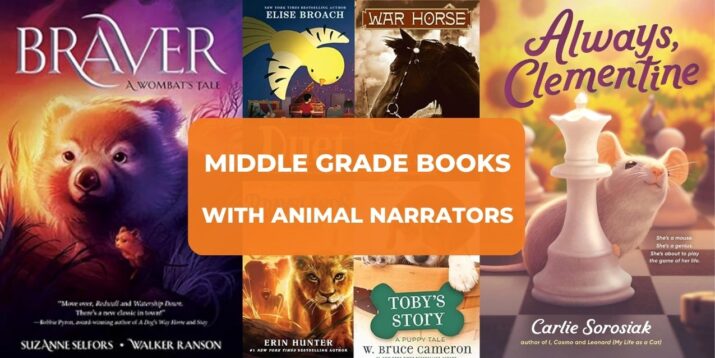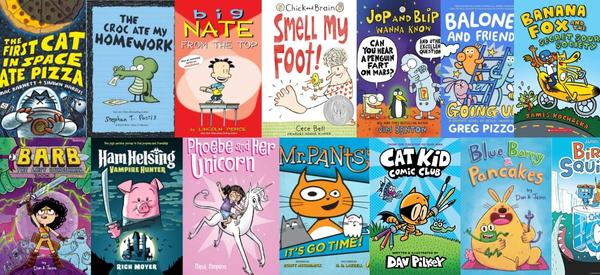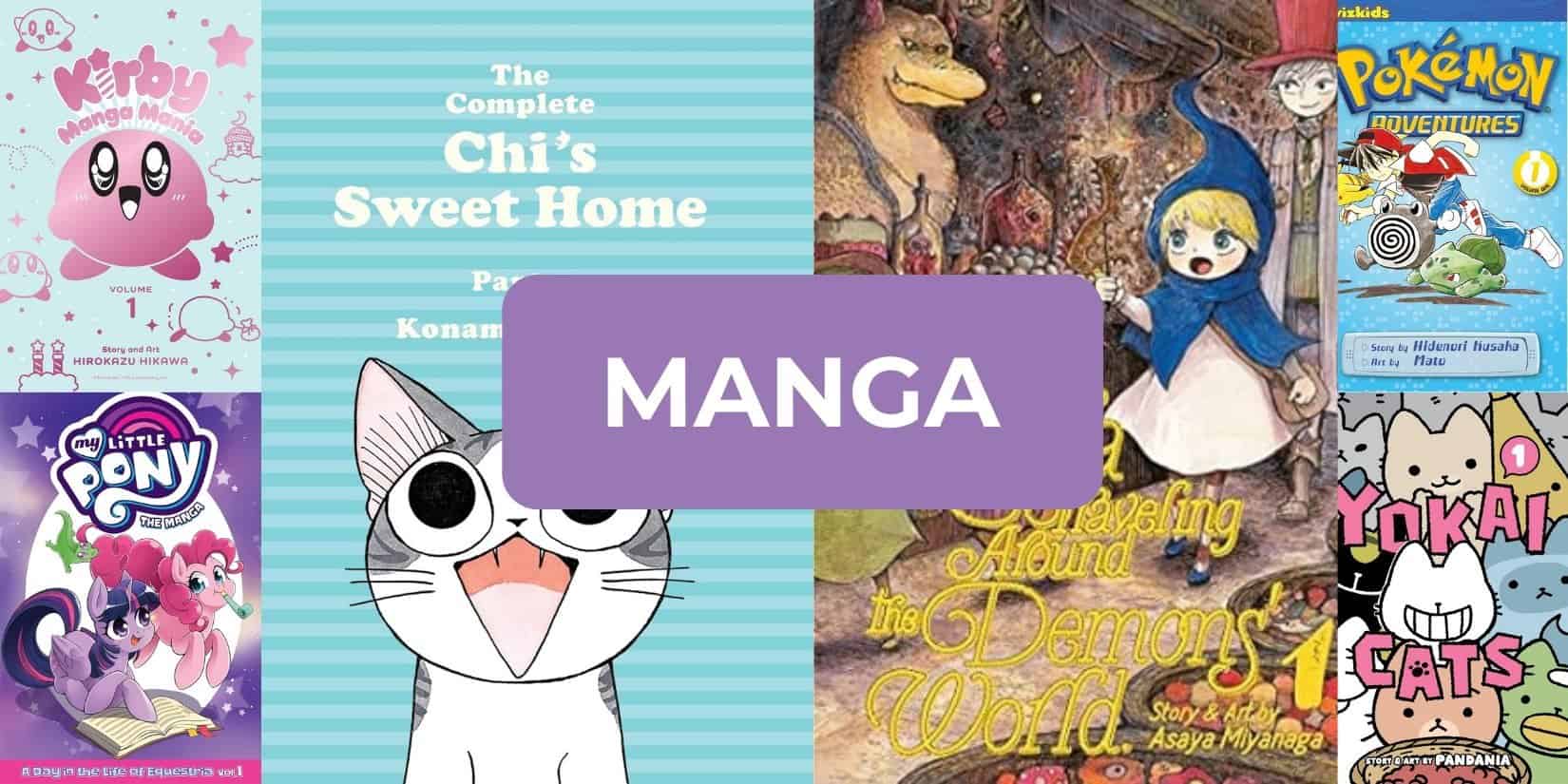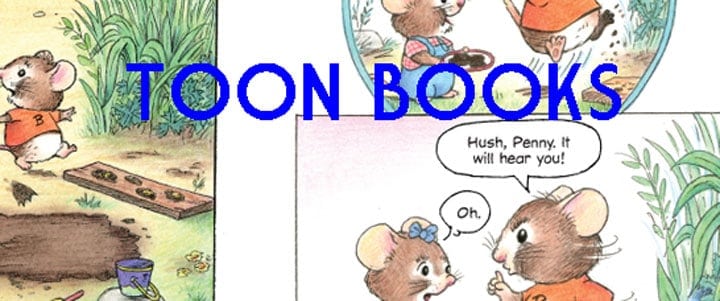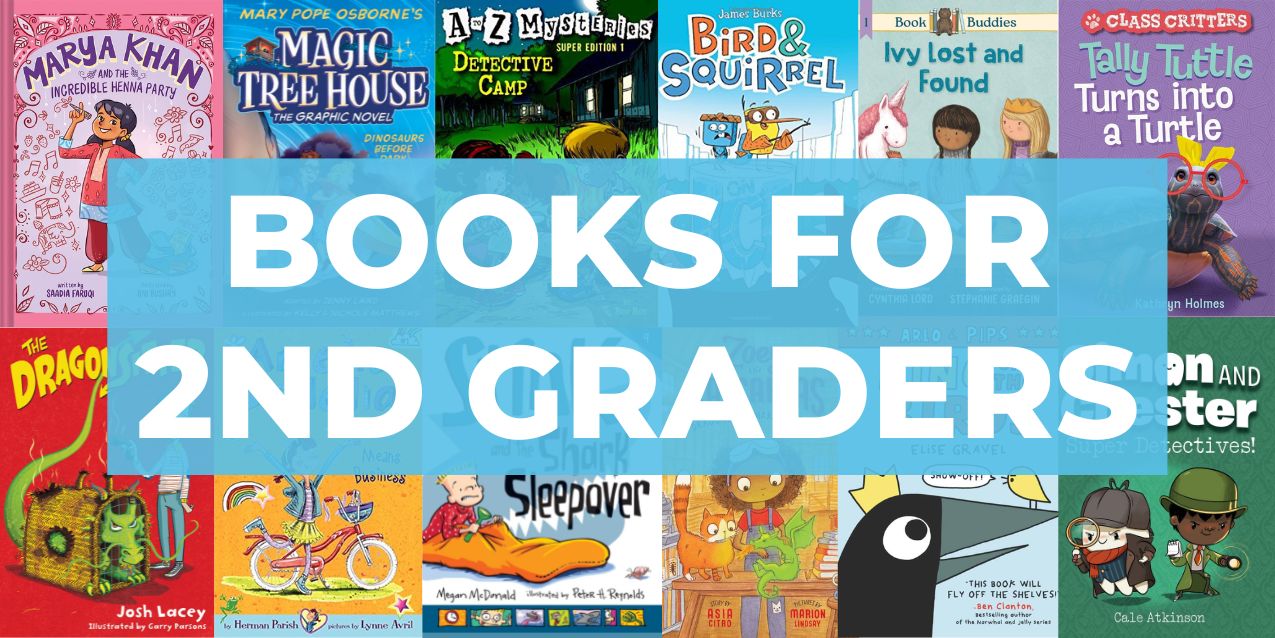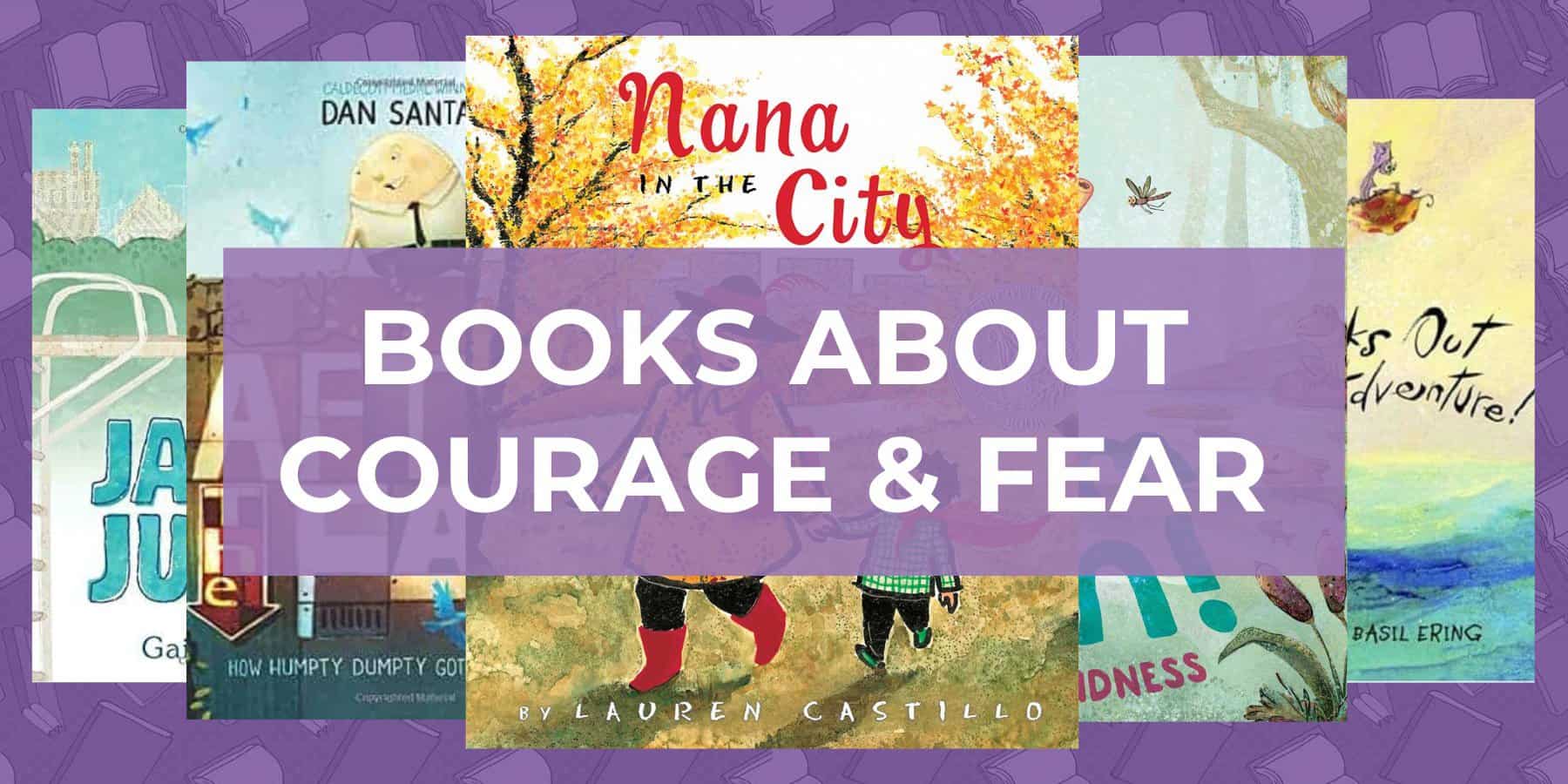Helpful Point of View Examples in Children’s Books
This post may contain affiliate links.
It’s important to teach children literary elements like point of view. We can use mentor texts like these picture book point of view examples to teach children what point of view is.
What is Point of View?
It means that every book has a narrator, the person telling the story, and is the point of view.
Help children learn about types of point of view by connecting that term with the narrator’s voice. The point of view definition is the narrator’s voice: first, second, or third person.
If the narrator’s voice uses the pronoun words I, me, us, ours. It is usually the first person point of view where the main character or protagonist narrates the story. Sometimes it’s a character in the story.
When the writing puts YOU directly in the story, it’s called the second person point of view (pov) using the second-person pronoun YOU. You are the hero. You are the one the events are happening to. Remember choose-your-own-adventure stories? These are stories often, not always, written in the 2nd person. Here’s an example from a book called Princess Island, “If you decide to take the first boat to Princess Island, turn to page 10.”
Finally, the third-person point of view means the narrator is not a part of the story and tells the story about other people. Read words like she, he, they, or them. Oftentimes, we read books with an omniscient, all-knowing viewpoint called omniscient narration.
Keep in mind that there’s a difference between perspective and point of view.
The point of view is who is narrating.
Perspective is the lens through which someone sees the world.
How to Teach POV to Kids
Introduce the POV literary concept to children with examples or mentor texts that show each kind of narrator. I’ve listed some good options below, but there are many more wonderful books not listed. Use any books you have.
Ask kids to imagine they’re the narrator telling the story.
Can they imagine which character it is? Then, it’s probably a first-person narrator.
Ask if they use words like I and me.
If they don’t know the narrator and the narrator seems all-knowing, then it’s probably a third-person point of view.
They’ll need lots of practice both reading and writing with different points of view.
We Are Teachers shares a list of videos that you might like to use in your lessons, too. Also, remember that point of view is a Common Core standard.
Good Point of View Examples in Children’s Books
First Person Point of View Examples
Here are several first-person narratives that I recommend — but there are many more good choices not listed.
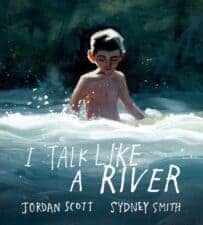
I Talk Like a River by Jordan Scott, illustrated by Sydney Smith
PICTURE BOOK
“I wake up each morning with the sounds of words all around me. And I can’t say them all.” A boy who stutters expresses the difficulties and loneliness of not speaking easily. In fact, he stays “quiet as a stone” instead of talking. His dad takes him to a river where he reminds his son that his way of talking is like a river that flows and bends around rocks and corners. The boy accepts his dad’s wisdom and the comfort of nature. Epic, stunning imagery plus lyrical prose capture the emotions of the boy’s journey and the healing power of nature.
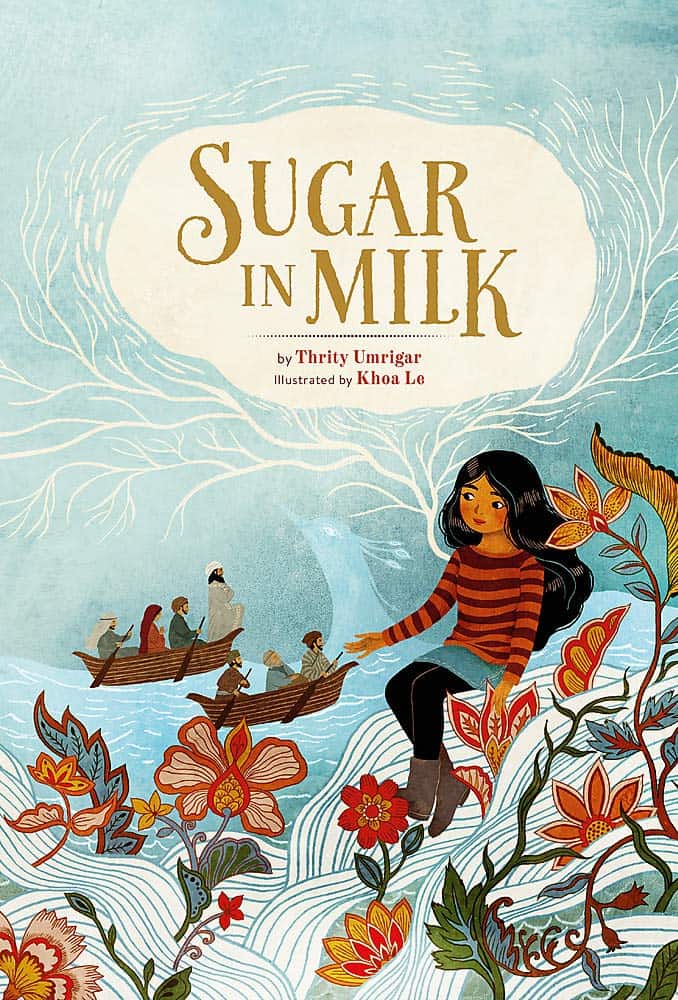
Sugar in Milk by Thrity Umrigar, illustrated by Khoa Lee
PICTURE BOOK
In this first-person point of view example, a girl remembers moving to this country to live with her aunt and uncle and feeling so alone and sad…Her aunt tells her the story (in the third person) of a group of travelers from Persia who traveled, searching for a new home. When they came to a kingdom, the king told them that there was no room, showing a full glass of milk as a metaphor for his crowded kingdom. The Persian leader stirred into the milk a spoonful of sugar which dissolved. Without words, it was clear that the Persians would sweeten the country and live in it peacefully. So they were allowed to stay. After the story, the girl feels like everything changed and notices the friendly smiles and hellos of people she passes in her new, welcoming home.

Mars: Earthlings Welcome by Stacy McAnulty, illustrated by Stevie Lewis
PICTURE BOOK
Mars is a planet with a big personality. In first-person narration, Mars shares all its many features that are much better than Earth. Like two moons and 37 more minutes in a day! It’s funny, entertaining, and very informative. I would love to use this in a writing class to teach voice, point of view, and even organization.
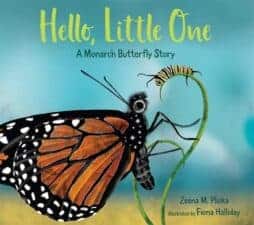
Hello, Little One: A Monarch Butterfly Story by Zeena M. Pliska, illustrated by Fiona Halliday
PICTURE BOOK
Not only is this a brilliant circular story that shows the butterfly’s life cycle, but it’s a sweet friendship story, too. The caterpillar meets a butterfly who tells him all about the world and then, must say goodbye. Written in first-person with vivid verbs and evocative illustrations, this is an essential picture book for the classroom. “I am graceful and beautiful. I can flit, flutter, and fly.“
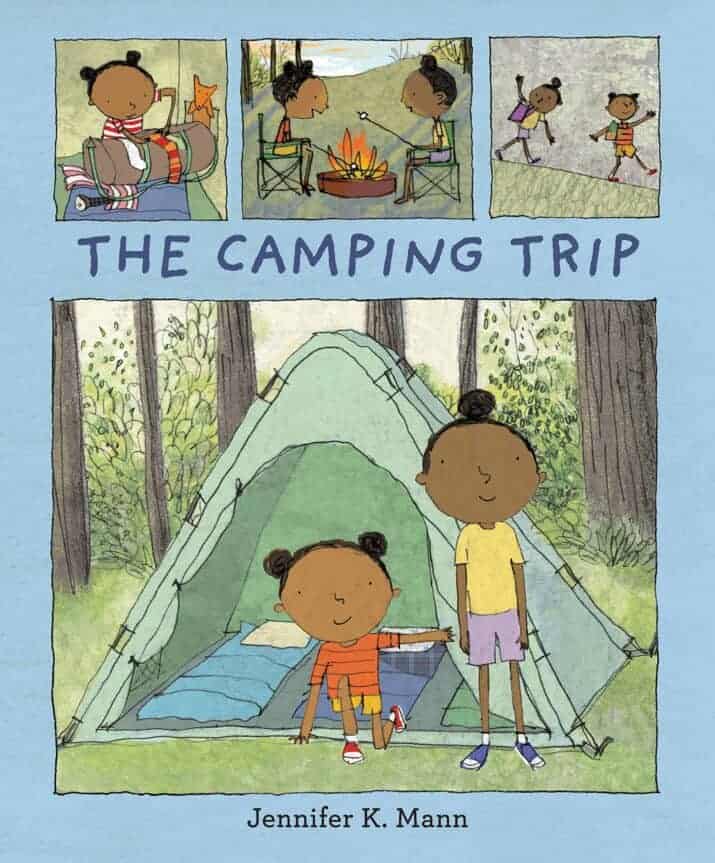
The Camping Trip by Jennifer K. Mann
PICTURE BOOK
Ernestine shares all the important details about her first camping trip, from packing to hiking and even getting a little scared in the night. The trip ends up being a wonderful experience! And it’s a wonderful reading experience, too with fresh, atmospheric comic panels and illustrations.
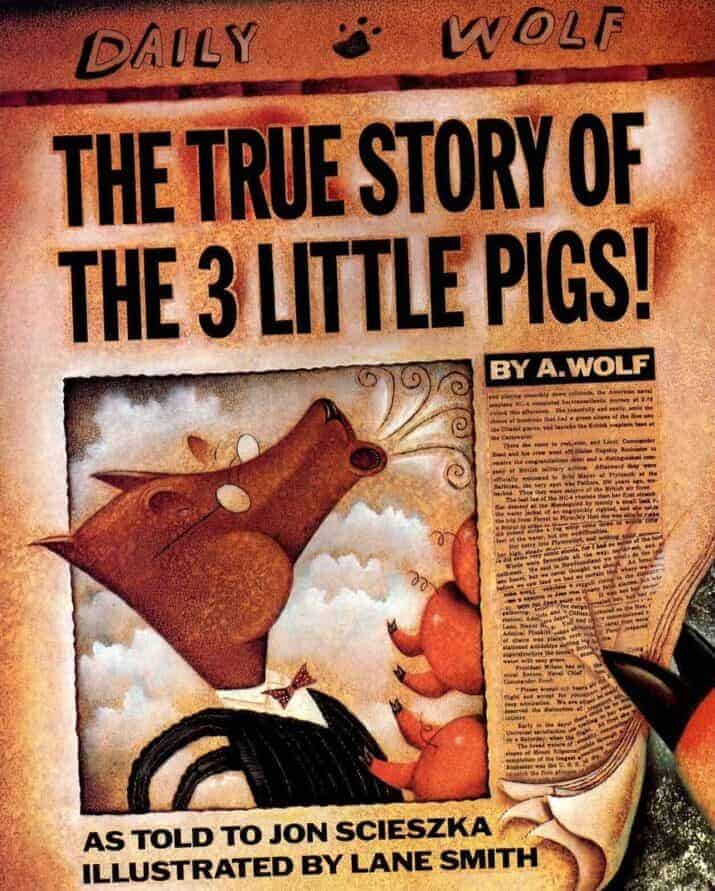
The True Story of the Three Little Pigs by Jon Scieszka, illustrated by Lane Smith
PICTURE BOOK
You’ve only heard this story from the perspective of the pigs. Now the wolf tells his side of the story! It’s hilarious as it deftly shows children how the story we are told depends on the narrator. I see this applicable in not just our English classes but also in history. (This also shows children a different perspective of the story, right?)

The Blobfish Book by Jessica Olien
PICTURE BOOK
*I love that this picture book shows 1st and 3rd person point of view examples! A blobfish with a big personality adds to the book’s third-person narration about life in the deepest parts of the ocean. The blobfish’s point of view is told in dialogue bubbles making it easy to distinguish from the omniscient third-person narrator.
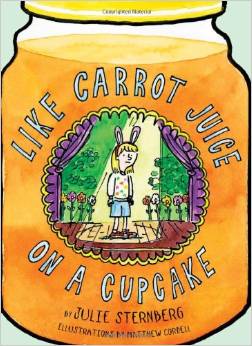
Like Carrot Juice on a Cupcake by Julie Sternberg, illustrated by Matthew Cordell
CHAPTER BOOK, ages 6 – 10
I really loved this story told in the 1st person from Eleanor’s point of view. It’s about the challenges that happen when Eleanor gets jealous of a new girl she thinks her best friend Pearl might like better than her.
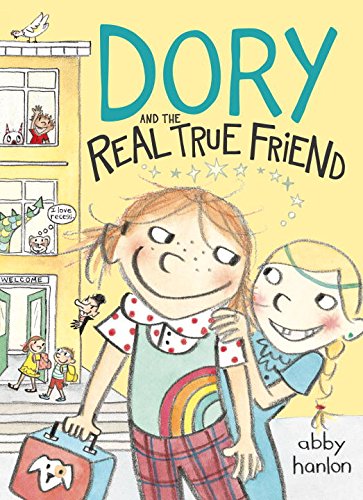
Dory and the Real True Friend by Abby Hanlon
CHAPTER BOOK, ages 6 – 9
Dory is one of my favorite book characters because her imagination is THE BEST! She has three imaginary friends: one monster friend, one fairy godmother that’s actually not a lady, and one bad lady nemesis. I love this story because she meets a real-life friend who understands all about imaginary friends and together, they’re the perfect match.
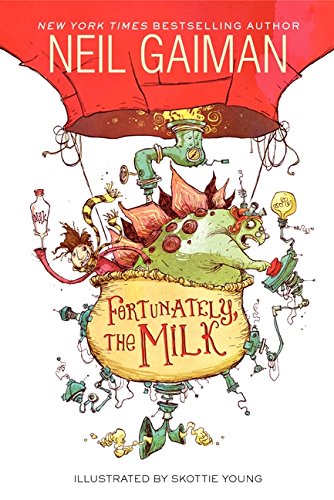
Fortunately, the Milk by Neil Gaiman, illustrated by Skottie Young
CHAPTER BOOK, ages 8 – 12
If you like quirky humor, then this is your perfect book. Because you will never believe, except you totally will, what happens when a boy’s father goes out to get more milk and comes back with a wild story. He doesn’t even get the milk but he does run into pirates, aliens, and all sorts of incredible things! Totally hilarious and quite short–this is a great read-aloud option for most ages.

Dog Diaries by James Patterson with Steven Butler
CHAPTER BOOK, ages 7 – 10
Not only is this 1st person POV, but it’s also the point of view of a dog — a very hilarious dog who is always EXCITED and so happy to find his FOREVER home and USES CAPITAL LETTERS A LOT. It’s a very funny, heartwarming, illustrated first story in the series about getting adopted, going to dog training school, and competing at a dog show — and failing spectacularly at training and the dog show but with the best of intentions.
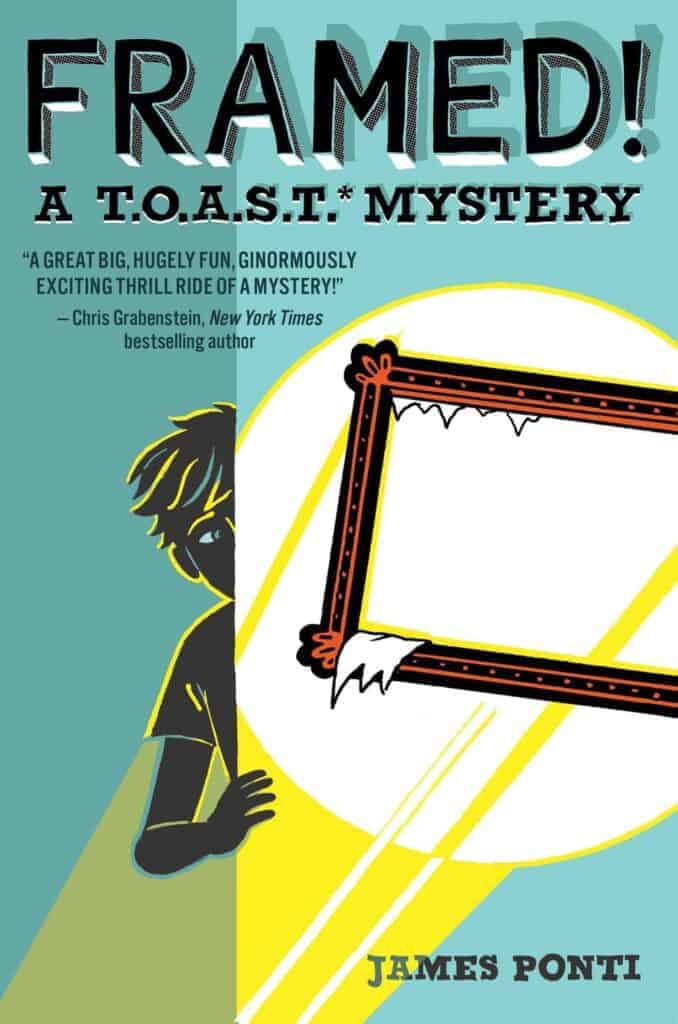
Framed! A T.O.A.S.T. Mystery by James Ponti
CHAPTER BOOK, ages 8 – 12
Captivating from the first page, 12- year old Florian Bates uses his brilliant, observing brain to implement T.O.A.S.T. (the Theory of All Small Things) to notice things that others have missed. Including the FBI when there’s an art heist at the museum his mother works at. The FBI hires him to help unravel a mysterious art heist which he does with the help of his best friend, Margaret. Fast-paced and interesting.
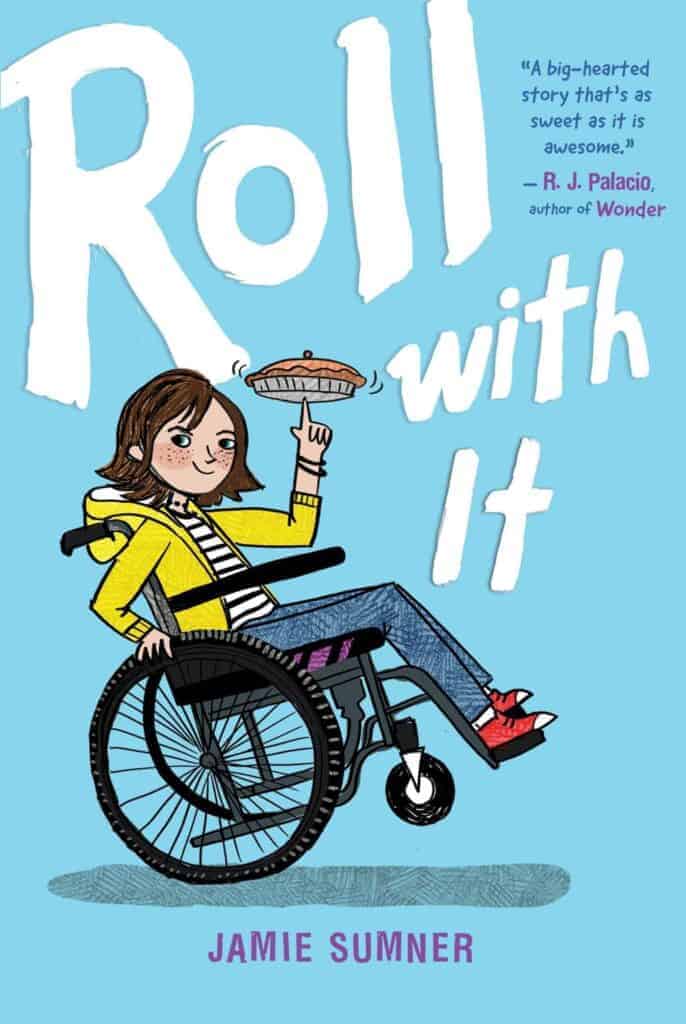
Roll with It by Jamie Sumner
CHAPTER BOOK, age 8 – 12
This meaningful story will tug at your heartstrings. It’s narrated by Ellie a girl who loves to bake, who has CP, cerebral palsy, and who rolls through life in a wheelchair. She hates having an aid at school who’s supposed to help her with everything, even going to the bathroom. When her mom moves them to Oklahoma to help care for her grandfather, even though she’s from the so-called wrong side of the tracks, she makes friends with other trailer park kids — the first friends she’s ever had. It’s a sweet story about taking risks, the importance of finding your tribe, and growing up. I appreciate that the author skillfully shows readers that kids in wheelchairs are just like everyone else only with different challenges such as things like accessibility (where your chair can go) and getting dressed.
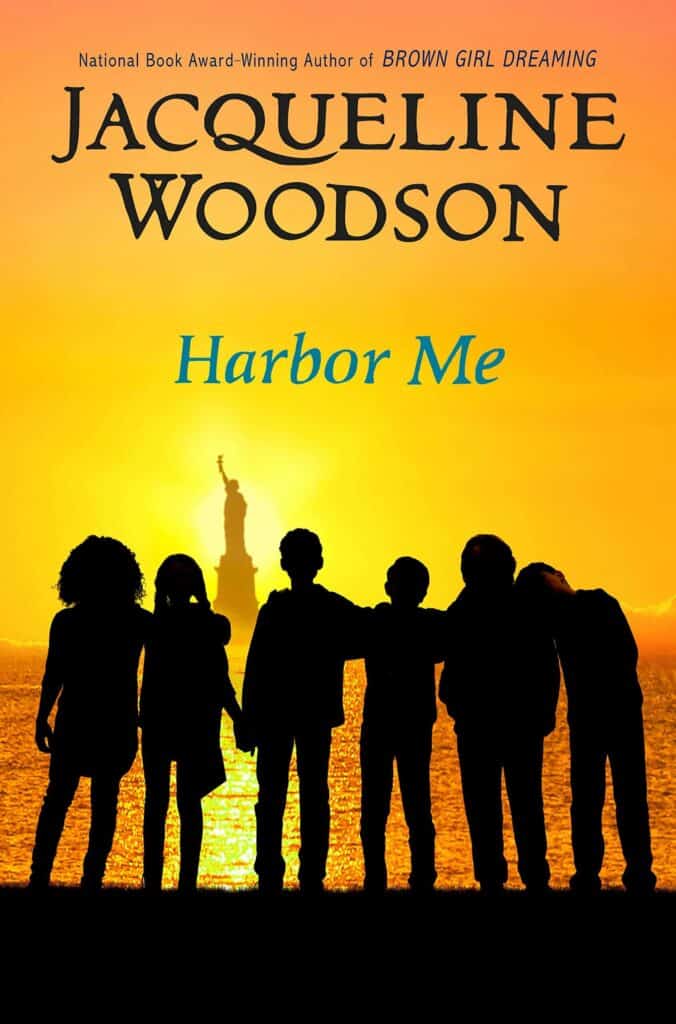
Harbor Me by Jacqueline Woodson
CHAPTER BOOK, ages 9 – 12
Harbor Me tackles some very big issues including race, immigration, bullying, learning differences, friendship, and forgiveness. The story is about six diverse children with learning differences, each sharing part of the story. They bond during a special kids-only time on Friday afternoons where they share their stories, many of which Haley records on a tape recorder. Even as she learns about the other kids who are, Haley is reluctant to share that her own dad is in jail for the car accident killing her mother. When she does eventually share, it’s beautiful to see the other kids support her. This well-written story deserves to be discussed as it has a wealth of ideas to ponder.
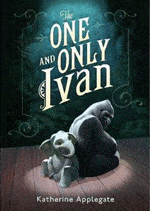
The One and Only Ivan by Katherine Applegate
CHAPTER BOOK, ages 8 – 12
Narrated by a gorilla named Ivan, this story will immediately grab your heart — it’s sad but keep reading, it’s an amazing story – and I don’t usually like animal stories. Making it even more compelling, it’s a true story! Ivan is kept in a cage in a run-down mall for 27 years without seeing another gorilla, only the stray dog, Bob, who sleeps with him, Stella the Elephant, and Ruby, a newly purchased baby elephant. Before she dies, Stella begs Ivan to find Ruby a home with other elephants — and Ivan agrees, but it won’t be easy.
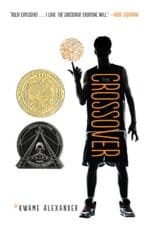
The Crossover by Kwame Alexander
CHAPTER BOOK, ages 9 – 12
Because this is written in verse, this is a fast read but packs a big punch. Basketball player and twin Josh narrates his life in quarters, just like the game he plays. He writes about missing his twin when his twin, Jordan, gets a girlfriend; about getting in trouble when he hits Jordan in the face with a basketball; and about watching his father as his heart fails. This is a coming-of-age, gripping story about a boy who is just trying to figure out life like most boys at age 12.
Second Person

Good Eating The Short Life of Krill by Matt Lilley, illustrated by Dan Tavis
PICTURE BOOK
Don’t miss this second-person point of view narration where this picture book speaks directly to you, a krill. You grow from an oval, then get eyes and legs, keep growing, and swim constantly– only to be eaten eventually by whales. Engaging writing in a surprisingly delightful and enlightening little story.

Song of the Old City by Anna Pellicioli, illustrated the Merve Atilgan
PICTURE BOOK
Written in the second person (“YOU”), this is a lyrical story set in Istanbul about a day in your life, starting with when you throw a fish back into the ocean and ending with a walk outside share food and kindness with others. “The simit seller hands you one of her sesame rounds. You thank her and take a bite, and the bread is still crunchy and warm.“

The King of Kindergarten by Derrick Barnes, illustrated by Vanessa Brantley-Newton
PICTURE BOOK
Don’t miss this delightful book showing a sequential day filled with the many happy possibilities at school including storytime, recess, playing with new friends, and a kind teacher. Because today you’re going to be the King of Kindergarten! Rich imagery filled with hyperbole and metaphors harmoniously complement the lush illustrations, creating a festive atmosphere filled with exuberance and bravery.

Bubbles…Up! by Jacqueline Davies, illustrated by Sonia Sanchez
PICTURE BOOK
Written in the second person, this is a verby, punchy, exuberant celebration of swimming and playing underwater! And even if a storm stops you for a while, when it’s gone And time to get back in the water, you plunge “under under under BUBBLES UP!“
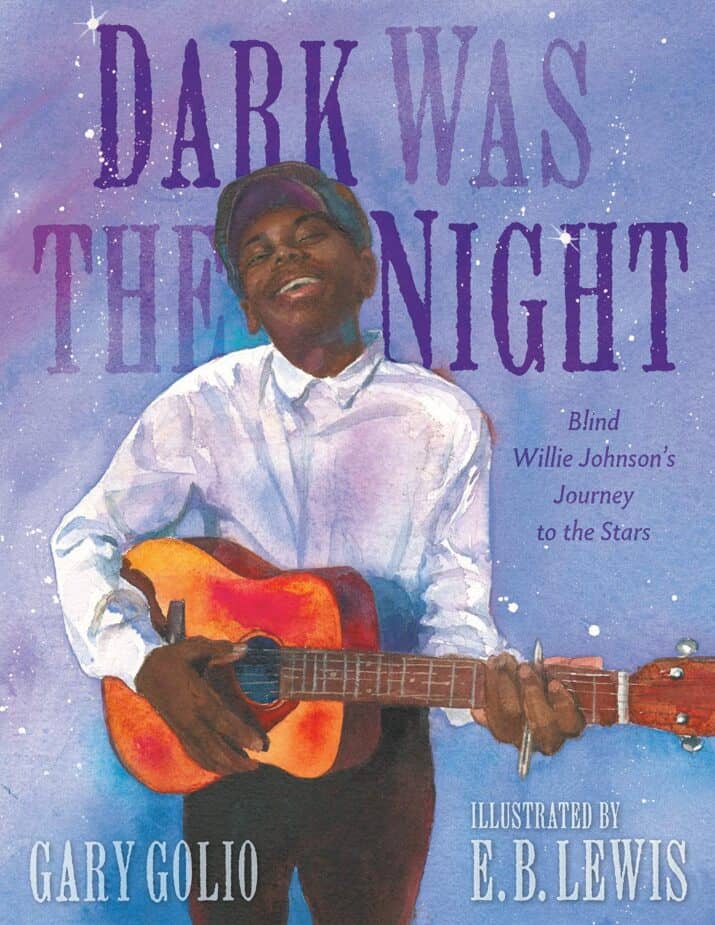
Dark Was the Night: Blind Willie Johnson’s Journey to the Stars by Gary Golio, illustrated by E.B. Lewis
PICTURE BOOK
Narrated in the second person, this biography shows us the power of music in Willie Johnson’s difficult life —he could sing and play guitar going from town to town in Texas, singing in raspy growling, eventually making a record. One popular song was “Dark Was the Night” which even after Willie’s death lived on because they sent it into space on a science probe called Voyager I. Gorgeous watercolor illustrations.

You Are Home: An Ode to the National Parks by Evan Turk
PICTURE BOOK
Gorgeous oversized illustrated pages capture the natural beauty in our National Parks with lyrical text that invites us into the experience with all our senses. “…beneath the soaring doorways of stone and peaks that pierce the ceiling of clouds…from every river, star, and stone comes the eternal refrain: you are home.” Back matter shares more about the parks and animals in the book. This rich ode to nature is a must-read mentor text for descriptive writing.

Something Stinks by Jonathan Fenske
PICTURE BOOK
Speaking directly to the reader, skunk asks YOU if you can smell that bad smell. Because it’s really stinky! But if it’s not the clean underpants or you (you smell wonderful), what could it be? Why are you shouting? Skunk can’t quite hear you so he decides he’s solved the problem and never realizes the problem was him. Silly fun sure to entertain the readers on your lap.
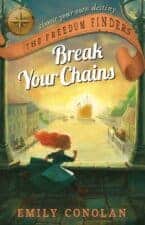
Break Your Chains by Emily Conolan
CHAPTER BOOK, ages 8 – 12
From false imprisonment in London, you are sent on a ship to Australia, specifically Tasmania. You’re forced to work off your prison sentence and never lose hope that you’ll find your father. The history in this compelling story is fascinating.
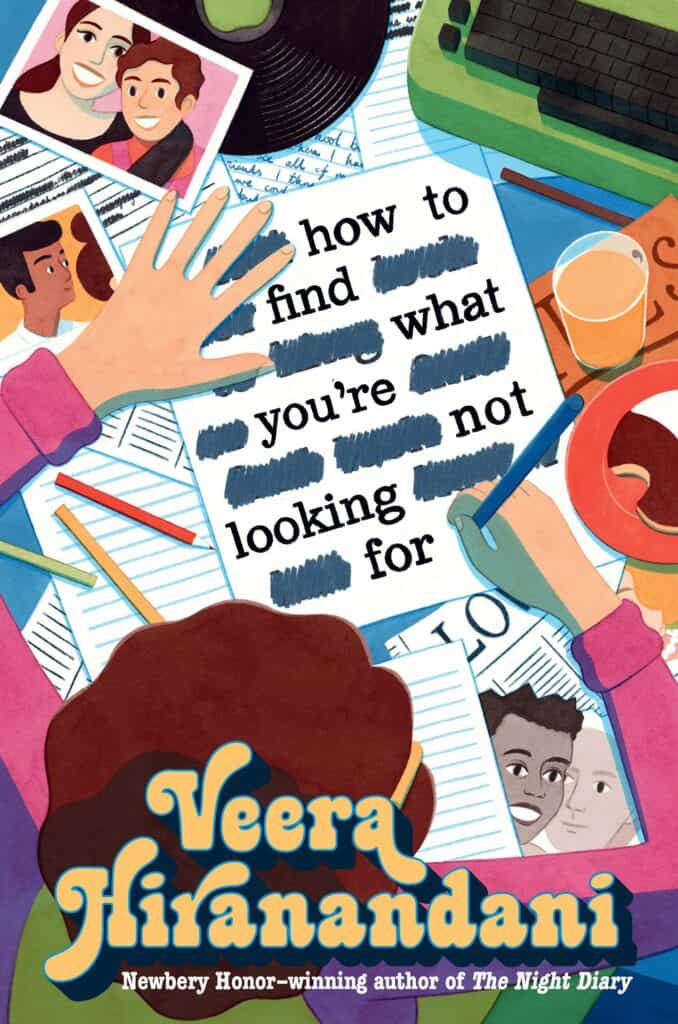
CHAPTER BOOK, ages 9 – 12

It’s Up to You, Abe Lincoln: How I Made the Biggest Decisions of My Life by Tom & Leila Hirschfeld
NONFICTION BIOGRAPHY, AGES 8 – 12
Written in the second person point of view, this book describes your life starting from childhood with photos, fun facts, and quizzes of “What Would You Do?” The writing flows smoothly, the layout is eye-catching, and the information is interesting and historically important.
Third Person Point of View Examples
Third-person narration means the story is written in the third person point of view that can either be an objective and omniscient point of view or a limited point of view / perspective of one of the characters.
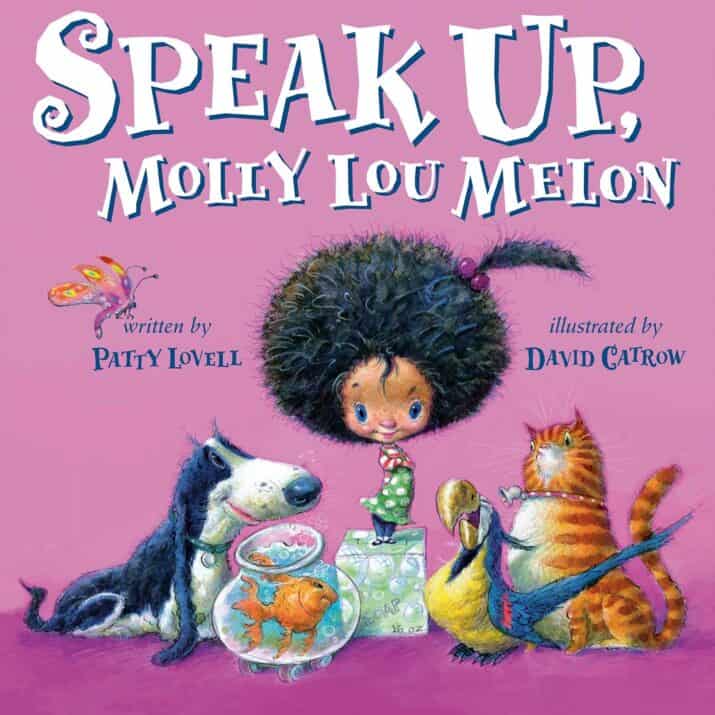
Speak Up, Molly Lou Melon by Patty Lovell, illustrated by David Catrow
PICTURE BOOK
Because Molly Lou Melon IS THE BEST! She’s responsible, loving, kind, tells the truth, and speaks up for what’s right, like stopping a classmate who teases a new student. The illustrations are absolutely perfect and filled with tons of nuanced details that add depth and humor to the story which exemplifies third-person point of view.
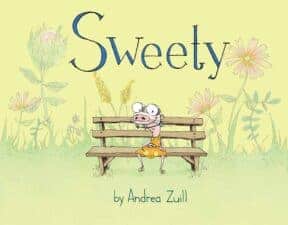
Sweety by Andrea Zuill
PICTURE BOOK
Sweety is intense and weird and different than her naked mole rat classmates who don’t really get her. But Sweety’s Aunt Ruth thinks Sweety’s differences are the best things about her. This is a luminous celebration of being completely true to yourself, even if the world doesn’t get you, because your people will eventually find you.

This Way, Charlie by Caron Levis and Charles Santoso
PICTURE BOOK
A tender, touching, and inspiring friendship story about two animals who help each other with kindness and patience. Just like the Ranch believes in patience and love, the Ranch’s new goat, Charlie, shows patience and love to a grumpy, blind horse named Jack. The two spend their days together but not their nights because Charlie the goat is too afraid of barns. One day, a terrible storm traps Charlie outside and it’s up to Jack the horse to get help and all the Ranch friends help.

Snow Friends by Margery Cuyler, illustrated by Will Hillenbrand
PICTURE BOOK
Experience the snow from a dog’s perspective but narrated in 3rd person point of view pov in this darling, playful wintery read aloud. Oscar’s boy wants to stay inside and read so Oscar goes outside to play in the snow– and makes a new friend. When his boy arrives, he makes a new friend, too.
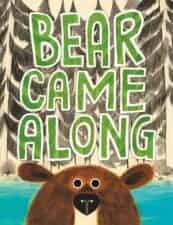
Bear Came Along by Richard T. Morris, illustrated by LeUyen Pham
PICTURE BOOK
Bear discovers that observation of small moments can turn into big adventures with friends. He isn’t aware that he’s on an adventure until he’s floating down the river on a log with Froggy on his head soon to be joined by Turtles, Beaver, and Racoons who don’t know they need to be careful until they run into Duck. With a wonderful circular ending and after a fun-filled fall of the waterfall, the friends realize they’re sharing life together…because the river came along.
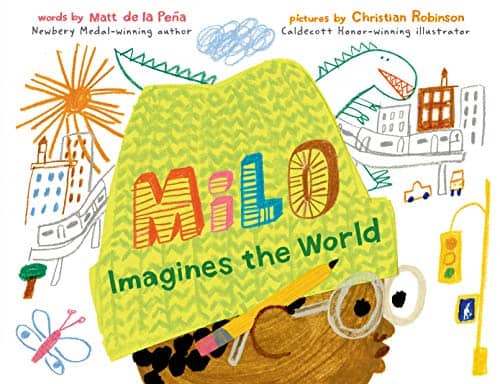
Milo Imagines the World by Matt de la Pena, illustrated by Christian Robi
PICTURE BOOK
A powerful story told in the third person point of view. Milo travels on the subway with his sister, his anxiety making him feel like a shook-up soda, even though it’s a weekly ride. He observes the people around him and in his notebook, draws and writes stories about them. They arrive at their stop and he’s surprised to see a boy that he noticed before is there, also– a boy wearing a fancy suit who he had made assumptions about. Seeing him in the line, helps Milo realize that you can’t tell people’s stories just by their appearance. Then, he and his sister get to hug their mom and visit with her. Milos gives her a drawing of their family together eating ice cream on the front stoop.
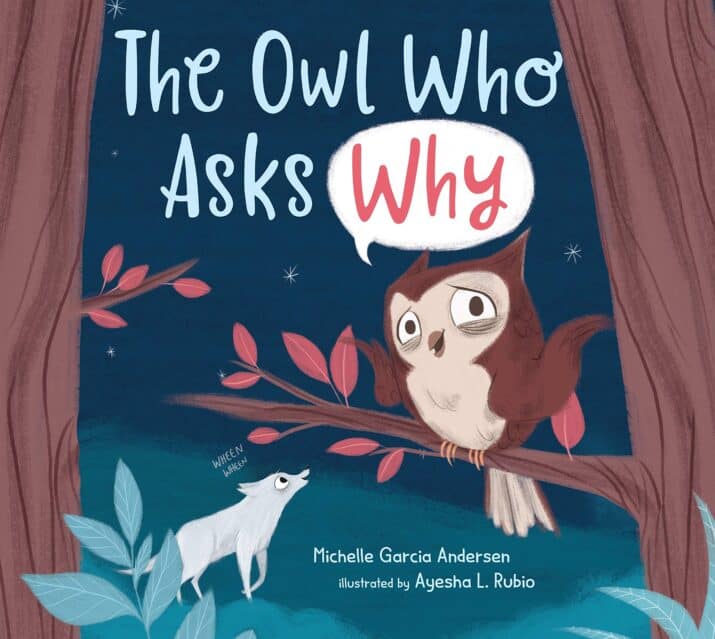
The Owl Who Asks Why by Michelle Garcia Andersen, illustrated by Ayesha L. Rubio
PICTURE BOOK
Little Owl has a lot of questions such as, “Why is a group of owls called a parliament? and Why do we regurgitate after eating?” The other owls laugh because he doesn’t ask “Who?” questions. The same thing happens to Little Wolf who asks “When?” questions not “How?” questions. Papa Wolf tells him that wolves are supposed to ask HOW and the other wolves laugh at him. Both Little Owl and Little Wolf run away together. But, they get lost and scared. The friends ask a variety of questions including when, who where, why, what, and how to help them find the way home. When they arrive home, Papa Wolf and Mama Owl ask their children new questions that start with different words, too. This is a wonderful celebration of being true to yourself, staying curious, and solving problems.
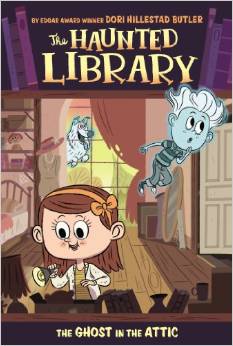
The Haunted Library by Dori Hillestad Butler
CHAPTER BOOK, ages 7 – 10
My 9-year-old daughter and I loved this entertaining new mystery series about a boy ghost named Kaz, who is blown away from his family and into a new haunt — a library. But who is the library ghost? It’s not him! He and his new friend Claire decide to investigate the secret of the ghost.
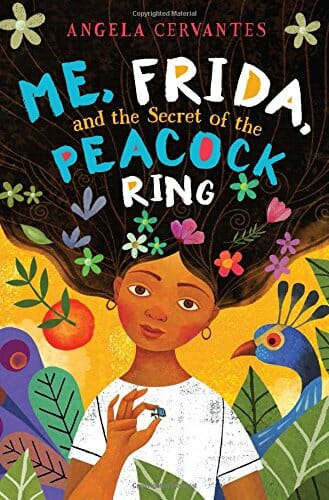
Me, Frida, and the Secret is the Peacock Ring by Angela Cervantes
ages 8 – 12
Mystery and adventure collide with Mexican culture in this story about a girl named Paloma whose summer trip to Mexico, her deceased father’s homeland, becomes much more than a summer vacation. Her new Spanish tutor and his sister ask for Paloma’s help to find Frida Kahlo’s missing peacock ring. But they neglect to tell her their dad is in jail for the theft! I love that this mystery story is filled with information about Kahlo (my favorite artist) and has so much Mexican cultural richness from mariachis to paletas.

Clean Getaway by Nic Stone
ages 9 – 12
Sometimes growing up means seeing the difficult truth about someone you love…Scoob takes a spontaneous road trip with his beloved G’ma in her new camper, escaping his dad’s spring break punishment. As they visit places from his G’ma’s past, their trip turns out differently than he expects. What begins as only a fun adventure turns into a revelation of current and historical racial prejudices (Scoob is black and his grandmother is white). What’s more, things become strange and confusing as Scoob notices more weird behaviors from G’ma. Was she trying to steal jewelry in the store? And why are there stacks of cash hidden in the camper? Perfect pacing, an intriguing plot, and memorable characters make this a top pick.
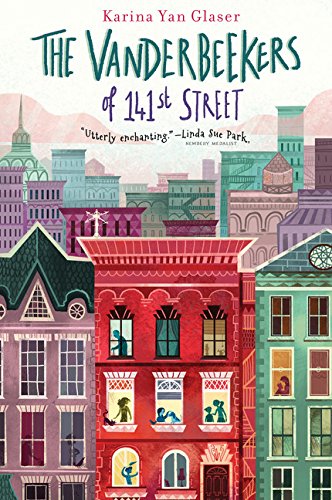
The Vanderbeekers of 141st Street by Karina Yan Glaser
ages 8 – 12
Like The Penderwicks, you’ll fall in love with this quirky, wonderful family. The Vanderbeekers’ landlord wants them out by the end of December, but the Vanderbeeker kids are determined to change his mind, even though he hates noise, kids, and their families. But it’s almost Christmas, and their efforts are only making things worse. What will they do? Charming and heart-warming.
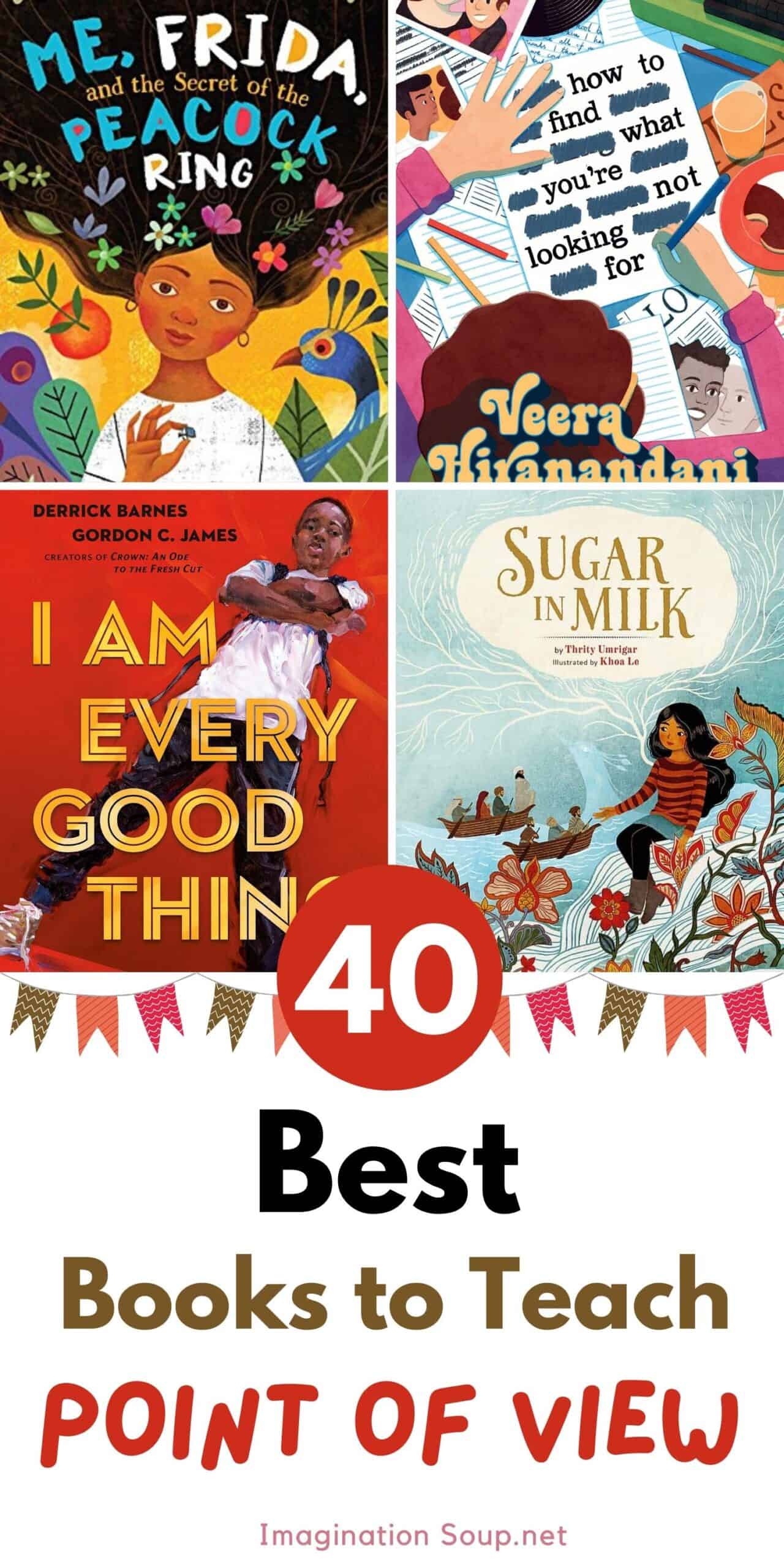
Mentor Texts to Teach Perspective
Choose Your Own Adventure Children’s Books

